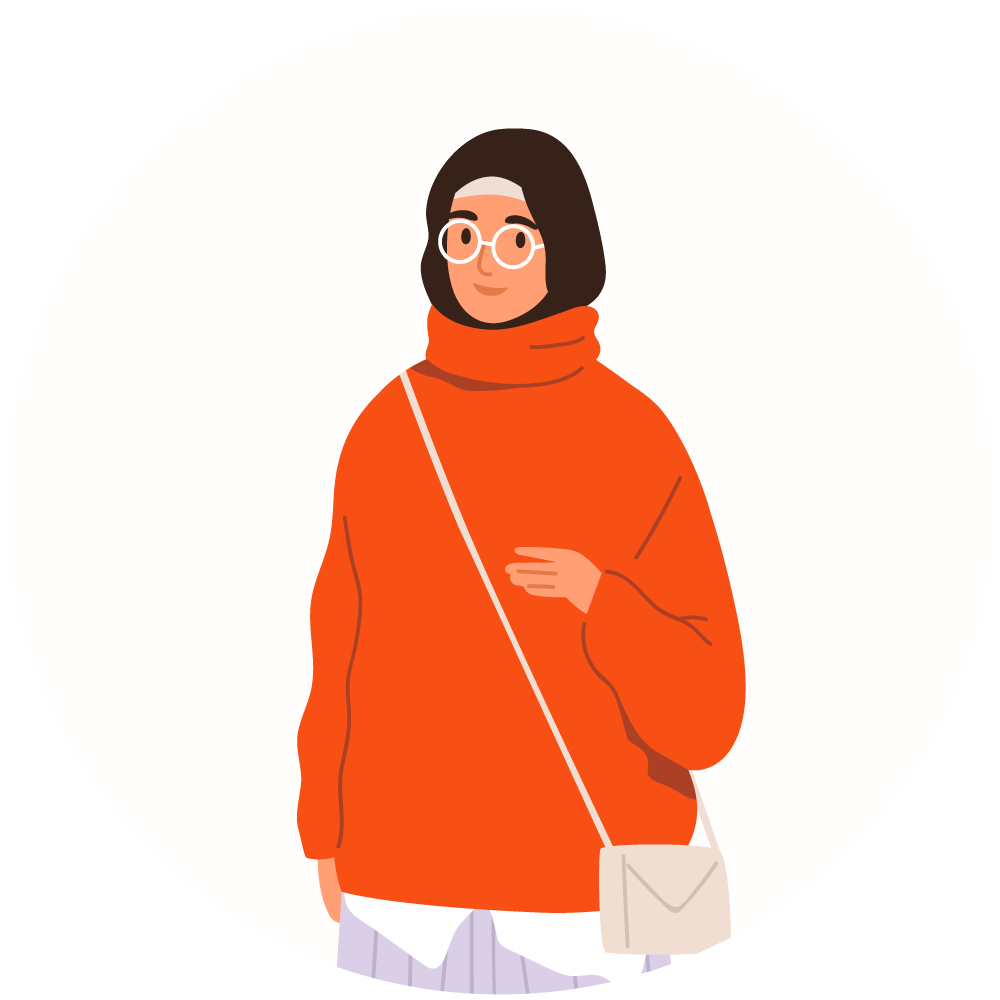COVID-19: Challenges and resilience of refugee families during the pandemic
- The Refuge: COVID-19: Refugee Families’ Challenges and Resilience
During the COVID-19 pandemic, refugee families faced many challenges.
Dr. Stacey Wilson-Forsberg and colleagues found that for mothers who had arrived as refugees, poverty intersected with low literacy and language levels, low digital literacy, racism, and other factors to create a “deeply worrisome situation” during the pandemic.
A study by Dr. Reza Nakhaie and colleagues found that food insecurity was the biggest contributor to mental health problems for newcomer youth during the pandemic. Dr. Stacey Wilson-Forsberg and colleagues similarly found that food insecurity impacted refugee youth’s ability to complete online schooling.
“…During the COVID-19 period – it’s difficult for everybody, imagine for those families, they just came to Canada, and already they have one million challenges to deal with. Add on top of that the COVID. …Some of those [are] in the process to get their papers, medical cards, welfare, and they’re stuck in the middle, without any support.” – Anwar Alhjooj, The Refuge Ep. 5

For youth, other challenges with online schooling included mothers’ limited ability to help with schoolwork, parental stress, a lack of physical space and time, and limited internet access. Although schools provided high school-aged youth with access to technology— specifically Chromebooks—these other factors often made online schooling challenging for families with refugee backgrounds.

“In Waterloo, the high schools gave the kids Chromebooks to take home… However, there was no space, you know, we’re talking about families, some of them have fourteen kids in very small houses. So, the moms were quite worried that, yes, we have the computer, but we don’t have a table and chair. We don’t have a private space to be able to work. Or, of course, the Wi-Fi was the other issue – that the Wi-Fi wasn’t strong enough to handle so many kids doing homework at once. Other cases where the computers came late, so they had to choose who got the computers, so the boys got the computer and the girls had to wait until the weekend.” – Stacey Wilson-Forsberg, The Refuge, Ep.5
“So, we didn’t actually learn anything [during online schooling]. And so when the teacher started speaking about what happened last year, as in studied, I didn’t understand anything because I didn’t study at all during quarantine.” – Hala Younis, The Refuge, Ep. 5

Refugee youth showed resilience and relied on siblings for social support during the pandemic.
Dr. Reza Nakhaie and colleagues found that refugee youth’s resilience – their adaptive skills, hope, and ability to cope with stress – played a positive role in their mental wellbeing. The study also found that siblings were a source of social support to help refugee youth overcome stress. Dr. Reza Nakhaie and colleagues suggest that removing the barriers for family unification could help build resilience, increase social support, and minimize isolation, thus improving mental health for youth with refugee backgrounds.

“With the newcomers and the refugees, they passed through difficult period before coming here so they are already strong people. Those families when … they experience the COVID challenge, they say, oh we passed more difficult than that. And many of our activities during COVID came from the women, especially women that say, okay we want to do something … I think it’s this kind of transformation of the role of the refugee’s family…from [being those] who need to [those] who really can add and work a lot for the community, was amazing….” – Anwar Alhjooj, The Refuge Ep. 5
For refugee youth, impacts of pandemic differed by gender
Dr. Stacey Wilson-Forsberg and colleagues found that girls were more likely to complete their homework tasks online while boys struggled to stay engaged. At the same time, when there weren’t enough computers for all the children, boys got to use them first while girls faced more pressure to help with housework. Dr. Reza Nakhaie and colleagues found that youth identifying as female reported lower levels of resilience than those who identified as male.
Main Takeaways:
- Food insecurity is a major concern for many families with refugee experience and it negatively impacts youth’s wellbeing.
- Social support, such as that from siblings, can benefit youth’s mental health.
- Language and literacy barriers pose an immense challenge for parents with refugee experience. Schools should connect directly with refugee families and not rely on written communications.
- There was a gender dimension to how refugee youth experienced the pandemic.
